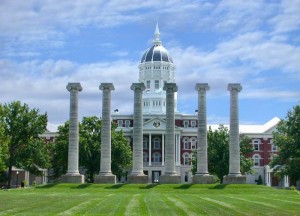Learn the fascinating background of AAUWMO’s Development:

— HISTORY OF AAUW OF MISSOURI, written and published in June, 2023, by AAUWMO Historian, Jane Biers
AAUW archives are now being stored at The State Historical Society on the University of Missouri campus, Columbia, MO. Click here for a copy of the above information.
